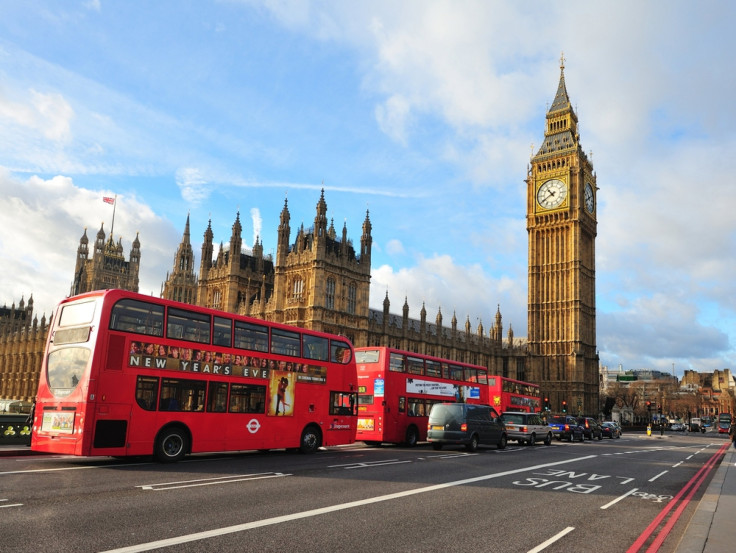UK Jobless Rate Falls More Than Expected, But Low Interest Rates May No Longer Depend On Unemployment Rate, MPC Minutes Suggests

The jobless rate in the UK in the August-to-October quarter was pegged at 7.4 percent, lower than a consensus forecast of 7.6 percent, and down 0.3 percentage points from the May-to-July quarter, official data released on Wednesday showed.
Meanwhile, the Bank of England’s monetary policy committee, or MPC, in the minutes of the meeting held on Dec. 4 and Dec. 5, released on Wednesday, said domestic recovery remained buoyant with easing inflationary pressure, but noted that growth in the euro zone had remained weak due to unexpectedly slow growth in Germany and France rather than in the periphery.
The committee also noted that March 2014 remained the most likely date at which markets expected the U.S. Federal Reserve to begin scaling back its asset purchases. The European Central Bank, or ECB, which reduced its main refinancing rate by 25 basis points to 0.25 percent at its November meeting, is expected to continue introducing measures in coming months to ease monetary conditions in the euro zone, the MPC said.
“The effect of recent developments was that the expected paths of UK, US and euro-area short-term interest rates now diverged more than earlier in the year,” MPC minutes said, and showed that the MPC voted unanimously to maintain the Bank Rate at 0.5 percent and the stock of asset purchases at £375 billion ($610 billion).
The committee said the divergence between domestic and external demand had been larger than expected, and external demand is expected to remain weak due to the dismal outlook for activity among the UK’s major trading partners.
The committee said moderate, but unexpectedly strong, growth in the U.S. was reflected in rapid stock-building, suggesting that growth would ease in the fourth quarter.
“But the rate of employment growth (in the U.S.) nevertheless remained well below that seen in previous recoveries. US GDP growth was likely to pick up in 2014 as the impact of fiscal tightening diminished,” the MPC said.
Near-term growth in China may be better than expected but medium-term prospects depended on the ability of the authorities to set out and implement policies to liberalize and rebalance the economy, the MPC said.
The committee had said in August that it would not raise interest rates until the UK’s unemployment rate fell to 7 percent. But, the latest minutes suggested that the MPC is unlikely to raise interest rates as soon as the unemployment rate reaches 7 percent.
The committee said the recent appreciation of the pound meant that inflation could drop below the 2 percent target in the second half of 2014.
“So even if the economic recovery continues to bring the unemployment rate down rapidly, the benign inflation outlook will enable the MPC to keep interest rates on hold for a long time yet,” Samuel Tombs, UK economist at Capital Economics, said in a note.
The UK’s claimant count, which measures the number of people claiming a jobseeker’s allowance, dropped by 36,700 in October, more than an estimated decline of 35,000, but less than a 42,800 drop in September. And, the claimant count rate fell slightly to hit 3.8 percent in October, down from 3.9 percent in September.
The average weekly wage, including bonus payments, rose 0.9 percent in the August-October quarter compared to the corresponding period in 2012, better than an expected 0.8 percent increase, which was same as the rate recorded in the preceding quarter.
(Note: London double-decker bus photo by Shutterstock.com.)
© Copyright IBTimes 2024. All rights reserved.





















